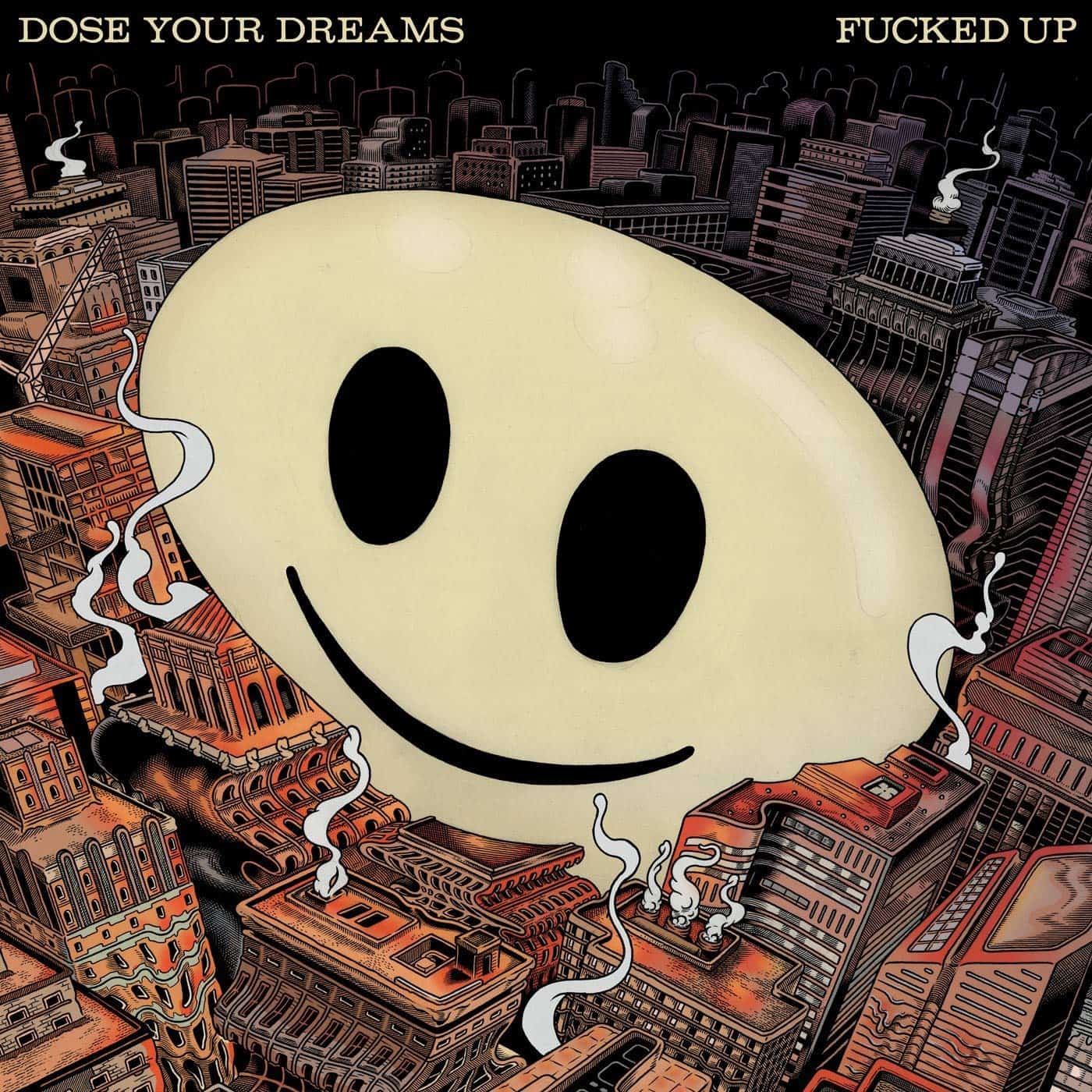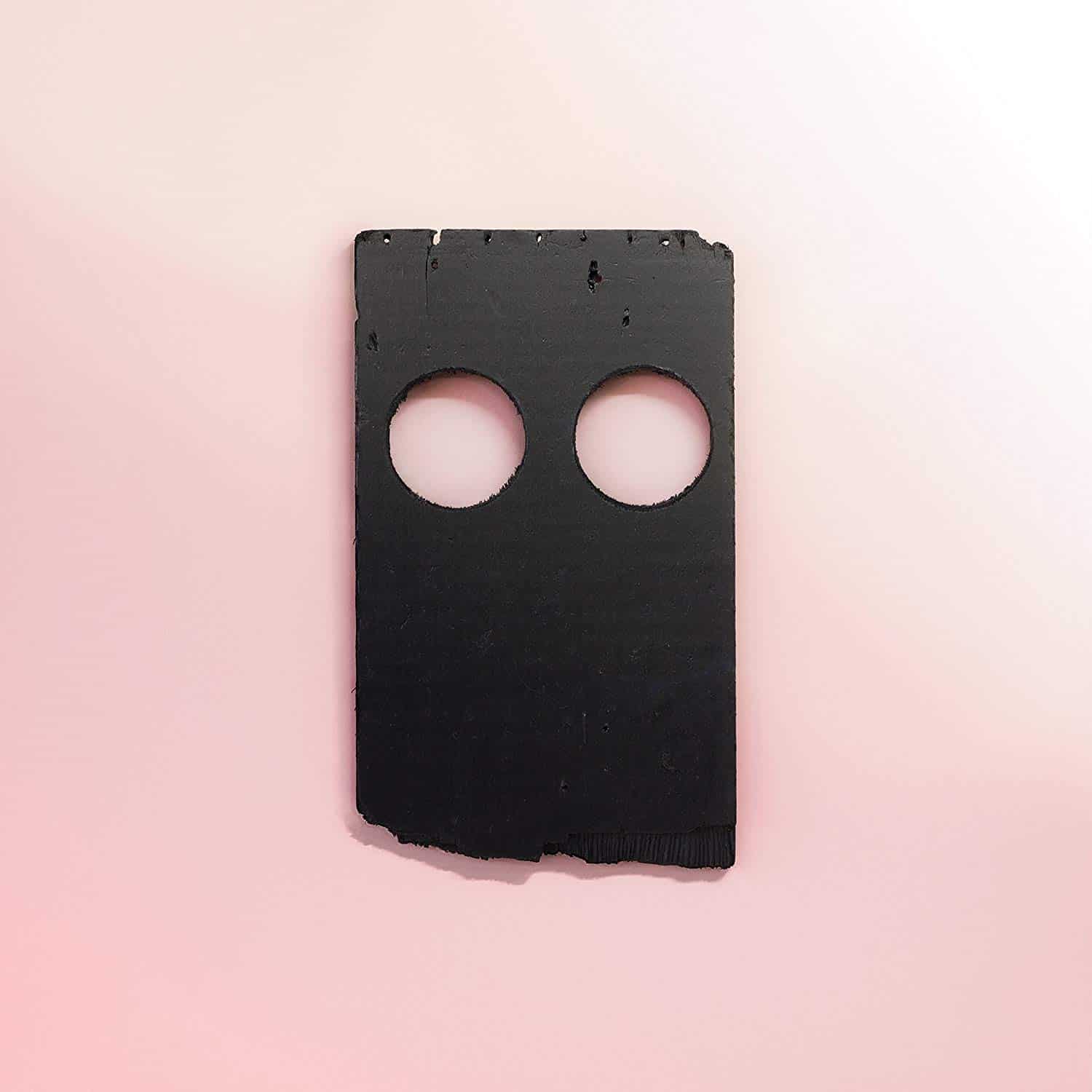Marketplace
2018 Domino Records PRESSING
- Catalog Number WIGLP417
- Release Year 2018
- Vinyl Mastering Engineer David Ives
- Pressing Weight 180g
- # of Disks 2
- Jacket Style Gatefold
- Pressing Plant Optimal
When listening to this album I think of this band or music:
The back of the lyric booklet for Aviary, Julia Holter’s fifth and most difficult album, contains an asterisk with a note: “Excerpted from ‘Master of the Eclipse’ by Etel Adnan,” who is the acclaimed Lebanese-American poet. One wishes the attribution was accompanied with full-on appendix-like notes, walking us through why Adnan was chosen, and what the poem signifies in relation to the music.
Alas, we’re on our own with a record that sounds like it was recorded with a Medieval orchestra (bagpipes! trumpets!) and teems with literary references, lyrics that capture moments rather than narratives, and arrangements that burst with orchestral thrills. If the avant-pop artist moved more to the center with her last release, 2015’s Have You in My Wilderness, she gleefully explores edges and extremes here. Whereas the prior record focuses Holter’s baroque pop into tight structures that emphasize personal ballads, Aviary avoids any such conventions.
Indeed, words aren’t really sung. Holter stretches and bends them to emphasize vowels and consonants, making the provided lyrics not only handy but necessary. Melodies exist, albeit buried in chaos, where violins and keyboards aim to soften the harshness of the bagpipes. At its wildest, Aviary recalls Yoko Ono, yet Holter’s underlying love of pop brings to mind the more symphonic work of Bjork.
Music from this album would be a great soundtrack to this movie:
Aviary blends the bold with the comforting. In interviews, Holter has alluded to the idea that the album is aimed at capturing modern life, alternately reflecting 2018’s all-media-all-the-time nature as well as our divisive political and social climate. And while it lacks traditional pop/rock instruments such as the guitar, the album remains loud—extremely loud. Everything feels on alert. The opening “Turn the Light On” captures the sensation, for instance, of waking up in a panic. “Every Day Is an Emergency” sounds even more alarms. Hide your pets, as they may be put off by the piercing synths and bagpipes, the din of a New Year’s Eve party disintegrating.
Tonally, Aviary could work with an experimental, surreal film, perhaps one such as Sally Potter’s 2017 effort The Party, which also serves as a satire of modern life and politics. The movie starts out refined and celebratory, but soon escalates into ludicrousness and continues to intensify as imperfect secrets about one of the characters get revealed. Imagine lots of quiet, emotional moments paired with a healthy amount of shouting.
The first single from Aviary, “I Shall Love 2,” is, by Julia Holter standards, relatively conventional and hopeful, swelling to a final half that recalls the Velvet Undergound’s “Sunday Morning.” The album’s notes, however, tell us the lyrics borrow from an old “troubadour song” as well as the poem “Dante’s Inferno.” On it, a cello, trumpet, and Moog all sound like singing bluebirds in a Disney film. It’s all quite lovely, even if the lyrics hint at love as a selfish act of hoarding. Musically, it functions as a bit of a relief. Aviary probably could have used a few more such moments.
The 90-minute album doubles as an intense workout that can be tough to get through in one listening session. Often, Aviary seems it would better function as an experimental dance routine than a solitary aural experience. “Les Jeux to You” feels flirty and flighty, mixing languages and fragments into something rather playful with a joyous midsection that almost resembles a chorus. “Whether” launches straight into a rhythmic stomp built around a post-punk synth and sees Holter bringing a little humor to the proceedings. “If I hear threatening words that force us all to sustain those positions, I’ll bring my whisky along,” she sings in a staccato style.
But such episodes of grandeur are often sandwiched amid far more jarring songs. “Chaitius” begins like a long-lost radio show, then segues into atonal twitchiness. “Another Dream” is little more than a bass and a trumpet, and starts to feel like the alien communication found in Close Encounters of the Third Kind. “Colligere” goes for an even more ambient route, utilizing at least three different types of vintage synthesizers. Aviary comes across as cold, dense, weighty, and occasionally impenetrable as some of the literature it references. But it’s also built for study, for analyzing and seeking out hidden meaning.
Domino, no doubt recognizing the material’s significance, lovingly packaged the album in a glossy gatefold jacket complete with lined paper sleeves and an eight-page lyric booklet, pairing the words with soothing photos of flowers and Holter in a relaxed state. And while the Los Angeles-based artist recorded a significant portion of the album at home, judging from its clarity, one might assume Aviary had been cut at one of the world’s most famous studios. Each synthesizer tone gets a starring role, and horned instruments such as the trumpet are conversational, as if Holter wanted them to sound human.
When all instruments fire at once, Aviary feels like as a mesh of individual voices even as the quieter moments allow us to hear subtle vocal inflections. Considering the sonic traffic intentionally present in many of the songs, vinyl is really the only way to experience the music. The instruments sound significantly more individualized than they do on versions heard on streaming services.
Aviary


 4
4




